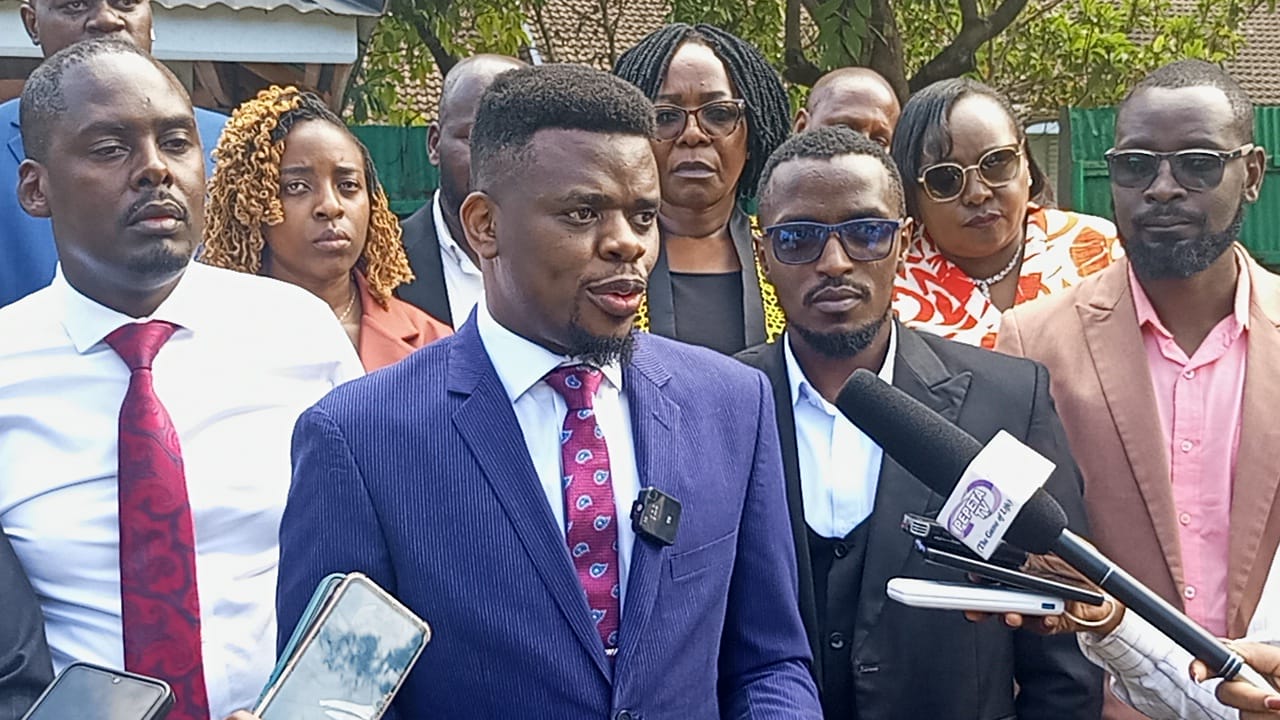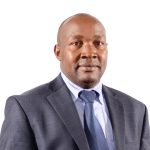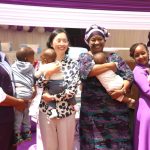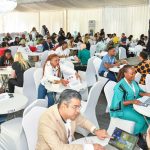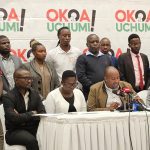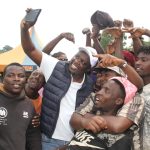By Peace Muthoka.
Nairobi, June 18 — Diaspora Technical Working Group (DTWG) intensifies its campaign for full voting rights and greater involvement in Kenya’s development. With billions of shillings in annual remittances, the group is demanding a voice at the ballot and at the decision-making table.
Led by U.S.-based team leader Danson Mukile, DTWG is a coalition of over 100 diaspora leaders from different countries, organizations, and political affiliations. The group is non-partisan but united in its mission to secure voting rights for all Kenyans abroad.
They argue that while the Constitution guarantees their right to vote, restrictive logistics and outdated systems have kept most of them out of the electoral process.Currently, diaspora voters can only cast their ballots at embassies or consulates locations often thousands of kilometers from where they reside.
“I live in Dallas, Texas, and driving to the embassy in Washington, D.C. takes 23 hours,” Mukile said. “It’s unreasonable to expect people to register, verify, and vote under such conditions.”In the last general election, only 10,000 Kenyans in the diaspora were registered, and just 6,000 voted.
DTWG says this number is far too low, especially considering that the diaspora is now the country’s top source of foreign exchange, contributing a lot of money annually.
Read more on:
“We deserve a say in who governs and how our money is used,” Mukile emphasized.The group has already held meetings with political party leaders such as Raila Odinga and Kalonzo Musyoka. According to Mukile, leaders agree in principle, but acknowledge the need for legal and technological reforms to make diaspora voting practical.
“Raila suggested early voting letting the diaspora vote two weeks before the main election day,” Mukile revealed.
“He also supports digital voting technologies, which could reduce the need for travel. But it’s clear that reforms must start in Parliament.”
Beyond electoral justice, DTWG is also advocating for diaspora inclusion in national development. Members of the team are meeting with ministries, parastatals, and agencies including Kenya Airways, KONZA Technopolis, the Tourism Board, NTSA, and the National Treasury. Their aim is to contribute ideas, share expertise, and shape policies that reflect the needs and potential of the diaspora.
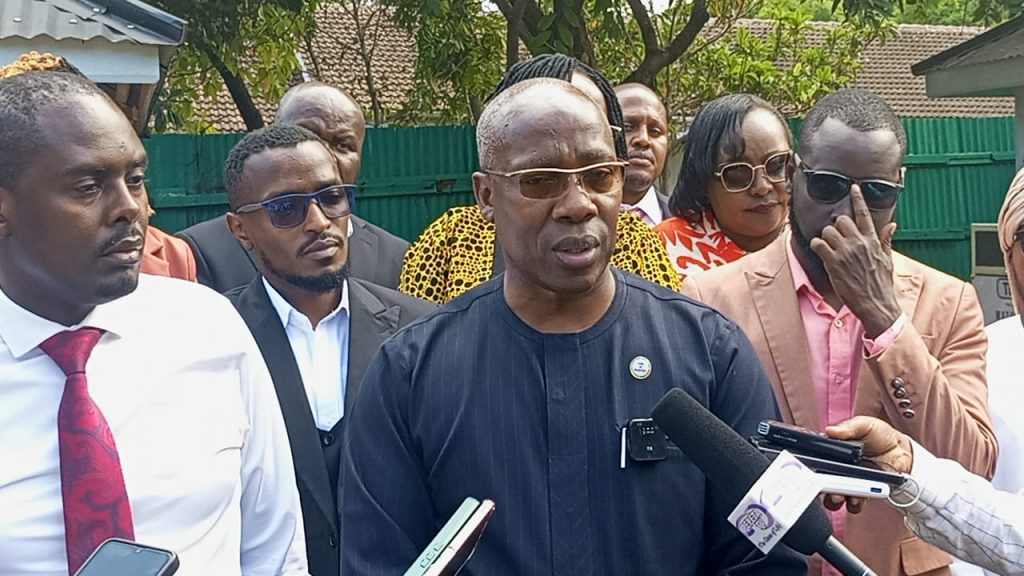
Martin Koyabe, a DTWG member, noted that the team is in Kenya not just to push for rights, but to give back. “We’re here to offer solutions, not just seek favors,” he said.
“We’ve already engaged several stakeholders in finance, transport, housing, and youth development. We’re also supporting health services 60 to 70 nurses from the diaspora are here to provide free medical care across the country,” he noted.
Koyabe added that diaspora leaders from different regions have unique concerns. “Representatives from the Middle East want to address welfare issues affecting migrant workers, while others are focused on diaspora housing projects and investment opportunities.”
The delegation had planned to meet President William Ruto, but the meeting was postponed due to security concerns. Still, they remain hopeful.
“We came on our own dime—no sponsors, no handouts. Just patriotism,” Mukile said. “We trust the President will meet us next week. He’s been a champion of diaspora affairs and we want to thank him for establishing the State Department for Diaspora Affairs.

